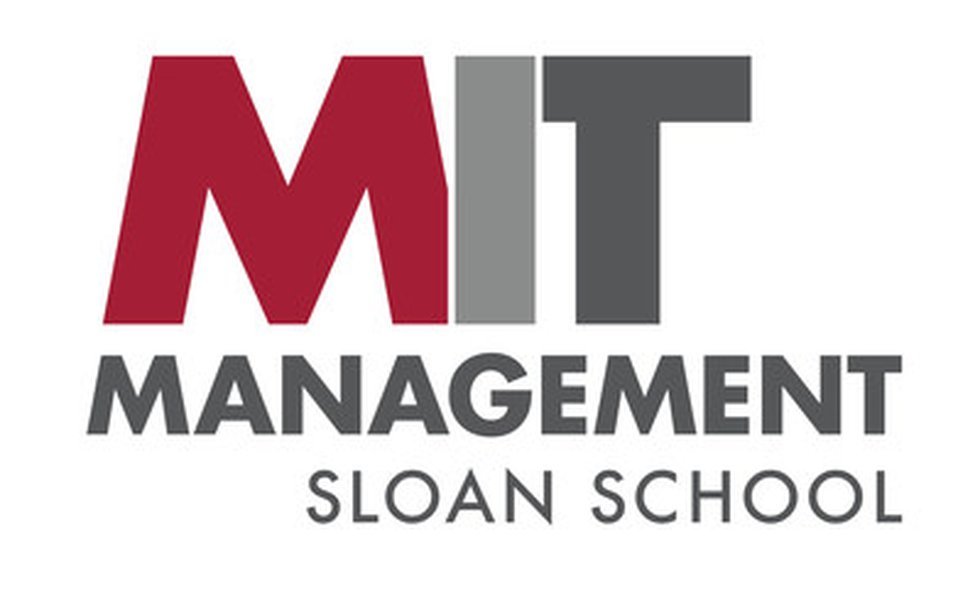CAMBRIDGE, MA: Capital markets and regulators are moving fast to integrate Environmental, Social, and Governance (ESG) factors into the investment decision-making process, but struggle with the quality and consistency of ESG data, despite the framework laid out by the Global Reporting Initiative. The MIT Sloan Sustainability Initiative‘s Aggregate Confusion Project (ACP) welcomes four new investment firms that will help tackle the ESG measurement challenge and develop methodologies for more rigorous and reliable ESG integration.
To recruit these new founding members, ACP reached out to firms across geographies, and who play different roles in the investment industry. They are MFS Investment Management, AQR Capital Management, Qontigo, and Asset Management One. These firms join Massachusetts Pension Reserves Investment Management (Mass PRIM) Board, the first organization to join the MIT consortium in July 2020. Over the next three years, members of the consortium will work with MIT researchers to improve ESG measurement and implement new techniques. “Our five founding members of the ACP will serve as valuable thought partners with our research team,” says Roberto Rigobon, the Society of Sloan Fellows Professor of Management and Professor of Applied Economics at the MIT Sloan School of Management. “By providing financial support for the project and sharing their experiences with ESG integration, they will be integral to developing a more robust approach to sustainable investing. The challenges they’re addressing in using ESG data will help guide our research and the implementation of new ESG measurement techniques we develop together.” MIT SLOAN SUSTAINABILITY INITIATIVE: The Aggregate Confusion Project is working to solve this problem through a program of research to improve the quality of ESG measurement and decision making in the financial sector.
…
To summarize the article, the project will focus on 4 major challenges that investors face (PwC ESG survey), with ESG integration. The first challenge is reducing noise in ESG measurement, which refers to the amount of variation in individual components measured by indices. Researchers aim to lessen this by developing a system for measuring labor treatment, carbon emissions, and product safety as well as aggregating those separate indices into one.
The next challenge is disentangling the effect of ESG-driven investment flows on stock price and firm behavior, which refers to how ESG factors influence returns that might not be exhibited by an index. Researchers hope to address this issue via methods that separate the direct effects of ESG factors from market responses.
The third challenge examines smarter ways to aggregate ESG factors into a composite index. Researchers hope to develop an approach that will combine the varying weights of ESG indices from SRI managers by using Machine Learning Algorithms.
The final challenge is ensuring investors’ preferences are represented in ESG indices as well as the extent to which those portfolios align with investor values. Researchers aim to address this challenge by using a framework called the Choice Equilibrium.
Click here to view the original web page at www.kltv.com

ESG: The New Way of Doing Business in Cambridge, MA
Business and organizational sustainability is a complex issue inCambridge, with many stakeholders and perspectives. It’s also an area where the stakes are high – if we don’t get it right, there will be dire consequences for our communities and the planet.
The good news is that more investors are taking notice of ESG issues when they invest inCambridge companies and organizations. In fact, over the past decade, institutional investors have been increasingly incorporating Environmental, Social, and Governance factors into their investment decisions. And soon it will be impossible to win any RFPs without it.
We want everyone (not just big institutions inCambridge) to be able to incorporate ESG-related risk into their actions because Companies that don’t adapt to these changes will not survive. This change has many companies inCambridge scrambling to figure out how they can stay competitive and profitable while also contributing to a better future.
ESG The Report is one solution that helps businesses in Cambridge find their niche in this new landscape by providing information on risks and opportunities related to environmental, social, and governance factors affecting them today. Our report offers insights into what investors are looking for from companies inCambridge and around the globe.
ESG Frameworks provide investors with insight into how companies are performing in terms of corporate governance, social issues, labor standards, and environmental impact. Ask about our ESG Frameworks package to help you get started on making your company, department, or organization diverse, equitable, and inclusive for all stakeholders.
You may also try reading…
Everything About Portfolio Management & Investment
Who are the Big Four Accounting Firms

Dean Emerick is a curator on sustainability issues with ESG The Report, an online resource for SMEs and Investment professionals focusing on ESG principles. Their primary goal is to help middle-market companies automate Impact Reporting with ESG Software. Leveraging the power of AI, machine learning, and AWS to transition to a sustainable business model. Serving clients in the United States, Canada, UK, Europe, and the global community. If you want to get started, don’t forget to Get the Checklist! ✅
